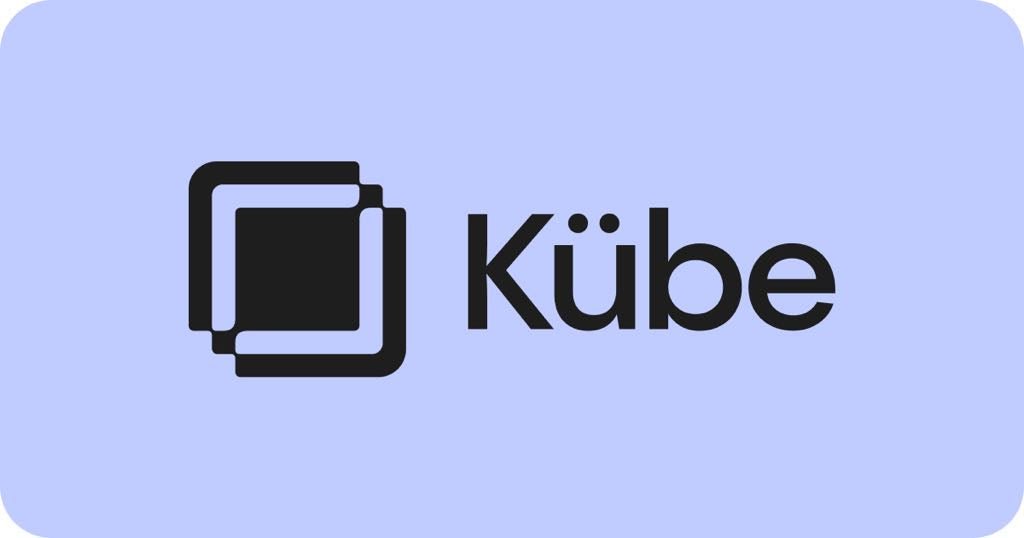Starting a business is an exciting and potentially lucrative process, but in its initial phase, it often involves facing numerous challenges. One of these challenges revolves around finding a workspace while simultaneously aiming to optimize costs during this early stage. A commonly utilized solution for this is the adoption of virtual offices.
The concept of a virtual office transcends the traditional physical barriers of a workplace, giving rise to an innovative and flexible approach to conducting business. In this section, we will delve into what it truly means to have a virtual office, unraveling the various associated services and the breadth of possibilities this model offers.

Virtual Office at Kübe Coworking
- Business Address in Lisbon
- Mail Management
- Package Handling
- Telephone Answering
- Meeting Rooms
Definition of a Virtual Office
A virtual office is an infrastructure that allows businesses and independent professionals to conduct commercial operations without the need for a fixed physical space. At its core, it is a dynamic response to the evolving needs of a world where digital connectivity and mobility are crucial elements.
Constituent Elements
Business Address:
Essential to a virtual office service is the concept of a business address. This not only provides a reputable location for the company but also establishes a strong presence, even when there are no physical workers present at this location.
Telephone Answering:
Telephone answering is a direct extension of this definition, enabling the service provider to provide telephonic support to the company or professional who has hired the virtual office. This service is essential to maintaining seamless communication with clients, regardless of the team's geographical location.
Meeting Rooms:
Meeting rooms represent an evolution in how the virtual office concept has shifted from merely assigning a business address to adapting to the current hybrid business model. Companies offering this service provide an environment for collaborative meetings, eliminating the need for a dedicated physical meeting space.
Mail Reception:
A practical and necessary aspect of a virtual office is the management of physical correspondence. Mail reception services handle the efficient management of letters and packages, essential for companies without a dedicated physical space.
Adaptation to the Digital Era
The definition of a virtual office is inherently linked to the transition to the digital era. With the growing trend of remote work thanks to advancements in communication, collaboration, and data storage technologies, virtual offices become a natural response to the needs of an interconnected world.
Flexibility and Mobility
By opting for a virtual office, companies embrace flexibility and mobility as fundamental pillars of their operations. This model allows professionals to perform tasks from anywhere, eliminating physical limitations and promoting a more adaptable work environment.
Evolution of the Concept
The idea of virtual offices did not emerge overnight; it evolved as technology advanced and the needs of businesses transformed. Initially, a virtual office could be considered merely a business address. However, over time, this definition expanded to encompass a broader range of services and resources.
Practical Applications
The definition of a virtual office is not uniform; it adapts to the varied needs of different sectors and professionals. Let's explore some practical applications of this innovative concept.
Growing Businesses:
For growing businesses, virtual offices provide a scalable solution. They can start with a remote team, expand to new regions without the need to open new physical offices, and thus maintain vital business agility.
Individual Entrepreneurs:
For individual entrepreneurs and freelancers, a virtual office offers a solid digital foundation. A business address projects a professional image, while telephone answering services provide continuous support to clients.
International Companies:
Companies with international presence benefit from the geographical flexibility of virtual offices. They can efficiently coordinate global operations, ensuring continuous communication between distributed teams.
The definition of a virtual office transcends the mere elimination of physical workspaces. It is a paradigm shift that embraces the digital era, incorporates the flexibility necessary to thrive in a dynamic world, and redefines the way we conceive the workplace. By understanding the layers of this definition, businesses are equipped to maximize the benefits and stand out in the modern economy.






